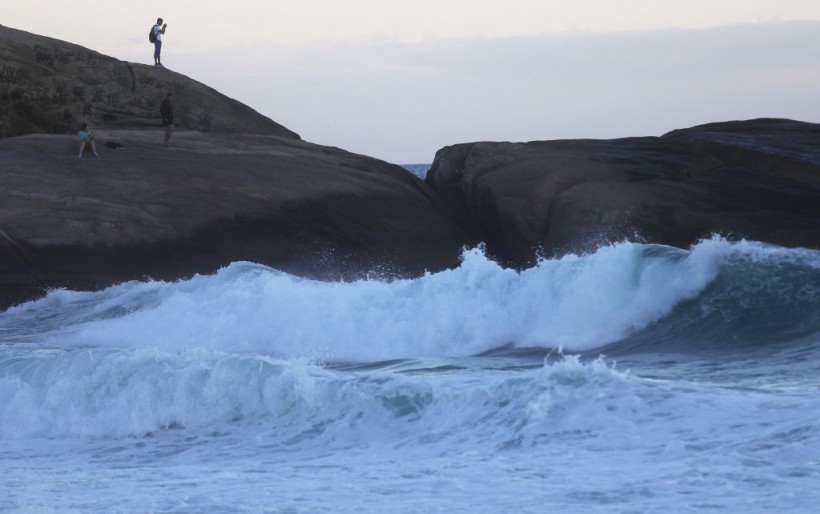Are certain countries doomed to vanish as the oceans rise?
As global warming picks up speed and poses an unprecedented challenge to the world community, the possibility of whole populations losing their territories and identities is no longer only a science fiction scenario.

"This is the worst tragedy that an individual, one country, or one nation can experience," remarked former Maldives President Mohamed Nasheed to AFP via LiveScience.
Worst Case Scenario
Small island developing states and other global hotspots like Africa and South Asia are particularly vulnerable, with populations that are 15 times more likely to die from extreme weather than in less vulnerable regions of the world, according to a U.N. Intergovernmental Panel on Climate Change report published in February.
According to research co-author Adelle Thomas of Climate Analytics and the University of the Bahamas, if warming exceeds a few more tenths of a degree, it might make certain places, including some tiny islands, uninhabitable.
Sea levels have increased 15 to 25 cm (six to 10 inches) since 1900, and the pace of rising is quickening, particularly in some tropical areas, according to U.N. climatologists.
By the end of the century, waters may encircle the Pacific and the Indian Ocean islands by an extra meter (39 inches) if warming trends continue.
Also Read: Doomsday Glacier 'Holding By Its Fingernails' Against Climate Change, Scientists Warn
Rapid Increase
However, increasing ocean levels will be accompanied by higher storm surges and tides, contaminating water and land in many atolls with salt long before the sea submerged them.
This is still below the highest point of the tiniest, flattest island republics will render it inhabitable.
The Maldives, Tuvalu, Marshall Islands, Nauru, and Kiribati are five countries that might become uninhabitable by 2100, according to research referenced by the United Nations Intergovernmental Panel on Climate Change, leading to the creation of 600,000 stateless climate refugees.
This circumstance is unusual. Naturally, conflicts have eliminated the nations off the map.
Sumudu Atapattu of the University of Wisconsin in Madison stated, "We don't have a case where existing states have lost land due to a physical catastrophe, or occurrences like sea level rise, or extreme weather disasters.
"Statehood is a fictitious, legal fiction that we have invented for the sake of international law," continued Atapattu.
It should be possible to come up with another dream that includes these fractured states.
The "Rising Nations" initiative, which several Pacific states announced in September, aims to "persuade the members of the United Nations to acknowledge our nation, even if we're under water because that's what our identity is," as Tuvalu's prime minister, Kausia Natano, told AFP.
Rising Nations Initiative
The Rising Nations Initiative asks for the creation of a comprehensive program to develop and finance adaptation and resilience projects to help local communities sustain livelihoods, a living repository of each Pacific atoll island country's culture and distinctive heritage, and support to obtain UNESCO World Heritage designation.
It also asks for a political declaration by the international community to preserve the sovereignty and rights of Pacific atoll island countries.
Countries including the United States, Germany, South Korea, and Canada have previously backed the project and recognized the particular weight that island states like Tuvalu and the Marshall Islands must bear.
Related Article: Ocean Temperature Reaches "Point of No Return" as Climate Change Creates Irreversible Scenario
For Environmental News, don't forget to follow Nature World News!
© 2024 NatureWorldNews.com All rights reserved. Do not reproduce without permission.





